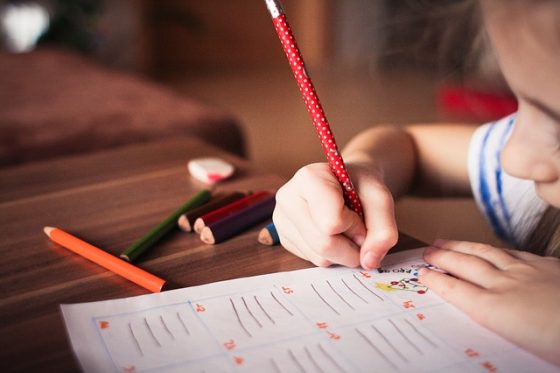Theme :-
- “The Right of Children to Free and Compulsory Education (second amendment) Bill, 2017” was passed in Lok Sabha in July 2018. This bill scrapped the ‘no-detention policy’ in schools. However the decision to implement detention policy in schools lies with state governments.
- As many as 24 states are willing to scrap no-detention policy, whereas some other states – Telangana, Andhra Pradesh, Karnataka, Maharastra, Kerala and Goa are in favor of no-detention policy.
What is Detention Policy :-
- As per detention policy, Students who are failed in the annual exams will not be promoted to the next class.
Detention Policy in Indian Education system :-
- When ‘Right to Education (RTE), 2009‘ act came into force, detention policy was brought to an end. To provide compulsory education to children aged 6 to 14, and to reduce the number of drop outs, no-detention policy was introduced from 1st to 8th class. So from 2009, students are being promoted to the next class till 8th standard irrespective of their results in the annual exams.
- “The Right of Children to Free and Compulsory Education (second amendment) Bill, 2017” amended section 16 of RTE (Right to Education) act that deals with the no-detention policy. With the amendment, common exams will be conducted for 5th and 8th class students. There will be supplementary exams for those who fail in these exams. If they couldn’t make it in the supplementary exams too, they will be held-back in the same classes and will not be promoted to the next class.
Pros of Detention Policy :-
- Detention policy creates fear and seriousness about education in students and teachers. Students will study well to crack the annual exams, and teachers will take the responsibility to make their students capable of getting promoted to the next class. Thereby the quality of education will be improved.
- As per ‘National achievement survey’ which was done from 2012 to 2015, many 5th class students are not able to read their text books, some are not able to understand the content, and some children are not able to do basic math. According to ‘Annual Status of Education Report’ (ASER), 2017, many high school students (14-18 years) are not able to do basic math, cannot read a simple English sentence, cannot understand the content in their mother tongue, and some cannot even tell the time by watching at clock. This is all because they were promoted to next class irrespective of their results.
- As everyone was treated equal, there was no distinction between the students who work-hard and those who didn’t. Hence no-detention policy doesn’t encourage hard work, whereas detention policy encourages and rewards seriousness about studies.
Cons of Detention Policy :-
- Detention policy doesn’t guarantee improvement in quality of education as long as exams can be passed by byhearting the content. Exams should assess the overall development of students.
- Detention policy will increase the number of drop outs. Drop outs percentage was 10% in 2005-06 academic year, whereas it was 4% in 2015-16 academic year. The major reason for this success can be attributed to no-detention policy.
- The reason for the lack of quality education in India is not just no-detention policy, many schools in India do not have qualified teachers, basic facilities and infrastructure. Teachers retraining at regular intervals is not followed at all. All these things results in the decreasing quality of education. Punishing children for this by not promoting them to the next class will be our society’s failure.
- Detention policy will create stress in students. Many private schools put too much pressure on students to get good grades so that they can market their schools by showing off their ranks and marks. We are witnessing student suicides as a result of this pressure. Children of primary schools will also have to undergo this stress due to detention policy.
Conclusion :-
To provide quality education and to provide education for all are the two basic responsibilities of any government. To achieve one goal, the other one should not be compromised. There should be a balance.
Detention policy will help in improving the quality of education, but it will be discriminatory to the children who have no access to quality teachers and schools. Improving the condition of schools and the skills of teachers is a must before implementing detention policy. If ‘Comprehensive and continuous evaluation (CCE)’ system is followed well, there will be no need of detention policy.
[polldaddy poll=”10072441″]
Your Turn…
What is your opinion on this topic? Join in the Group Discussion by adding your views in the comment section below. Subscribe to our blog to read answers to trending GD topics.
Copyright @ Group Discussion Ideas.

